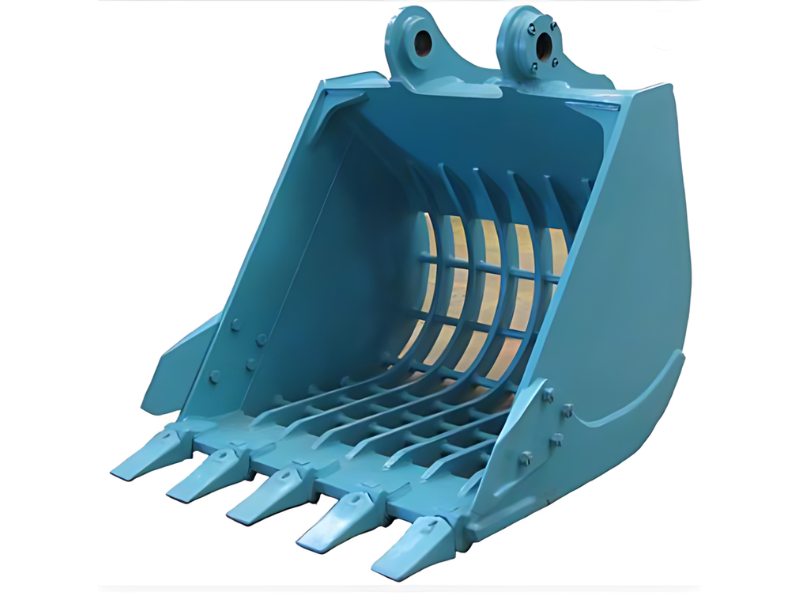
When it comes to excavation, precision and efficiency matter as much as power. One attachment that plays a crucial role in separating materials while digging is the Excavator Skeleton Bucket. This specialized tool is designed to streamline operations by allowing finer materials to fall through its grid-like structure while retaining larger debris or rocks. Let’s explore what an Excavator Skeleton Bucket is, how it works, and why it’s such a valuable asset for construction, landscaping, and demolition projects.
An Excavator Skeleton Bucket—sometimes called a sieve bucket or screening bucket—is a specially designed attachment that resembles a traditional digging bucket but with one key difference: it has a grid or ribbed structure instead of a solid bottom. The spaces between the ribs (known as “gaps” or “slots”) are engineered to allow smaller particles like soil, sand, or gravel to pass through, while retaining larger materials such as stones, concrete pieces, or waste.
Essentially, this bucket acts as a built-in sorting and screening tool, reducing the need for separate screening equipment on-site. It’s ideal for applications where separating materials during excavation can save time, fuel, and labor.
Heavy-Duty Construction:
Skeleton buckets are built from high-strength steel to withstand the rigors of excavation and sorting. Reinforced ribs and cutting edges ensure durability even in tough ground conditions.
Open Grid Design:
The grid spacing can vary depending on the application. For instance, smaller gaps are used when you need finer separation (like removing stones from soil), while wider gaps work best for larger material sorting.
Cutting Edge and Side Teeth:
Many models feature replaceable teeth and wear-resistant edges that improve digging efficiency while maintaining longevity.
Customizable Design Options:
Depending on the excavator size and project needs, skeleton buckets can be customized in terms of width, spacing, and material strength.
The working mechanism of an Excavator Skeleton Bucket is simple yet highly effective:
Digging and Lifting:
The operator uses the excavator to dig or scoop up a mix of materials—soil, rocks, or debris.
Shaking and Filtering:
Once lifted, the bucket is gently shaken or tilted. The finer materials pass through the gaps in the bucket while the larger pieces remain inside.
Sorting and Separation:
The separated materials can then be placed in designated areas—clean soil for backfill and larger rocks or debris for disposal or reuse.
This natural sorting process minimizes the need for manual separation or additional screening machinery, which translates to significant time and cost savings.
The versatility of an Excavator Skeleton Bucket makes it a valuable tool across various industries:
Landscaping and Agriculture:
Used to remove rocks and roots from soil, making it suitable for preparing farmland or garden beds.
Demolition Projects:
Helps separate reusable materials like concrete chunks from finer debris for recycling.
Construction and Site Preparation:
Ideal for clearing job sites, removing rubble, and preparing soil before laying foundations.
Mining and Quarrying:
Used for separating valuable minerals or stones from unwanted material.
Pipeline and Trenching Work:
Assists in cleaning trench bottoms by sifting through spoil material efficiently.
Enhanced Productivity:
Combines digging and sorting in a single operation, reducing project timelines.
Cost-Effective:
Cuts down on additional equipment requirements and labor costs.
Reduced Material Waste:
Allows for reusing screened soil and clean aggregates, supporting sustainable site practices.
Improved Efficiency:
Operators can work faster by eliminating the need to move material multiple times for sorting.
Durability and Low Maintenance:
High-quality steel construction ensures longevity even in demanding conditions.
When selecting an Excavator Skeleton Bucket, it’s essential to consider factors such as:
Excavator size and operating weight
Desired grid spacing
Type of material to be handled
Frequency and intensity of use
Partnering with a trusted manufacturer or supplier ensures you get a bucket that’s perfectly matched to your equipment and project demands.
An Excavator Skeleton Bucket is far more than a standard attachment—it’s a productivity booster that simplifies the sorting process on-site. Its clever grid design helps operators efficiently separate materials, minimize waste, and save both time and cost. Whether you’re working in construction, demolition, landscaping, or quarrying, this attachment can transform the way you handle materials and improve your overall workflow.
Investing in the right Excavator Skeleton Bucket means equipping your machine with the ability to dig smarter—not just harder.
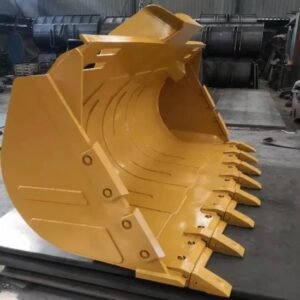
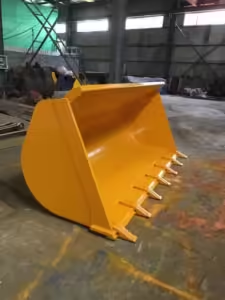
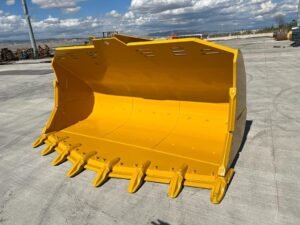
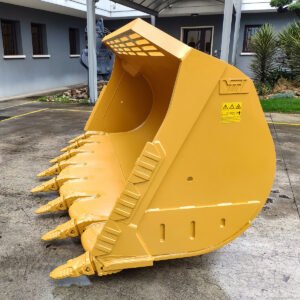
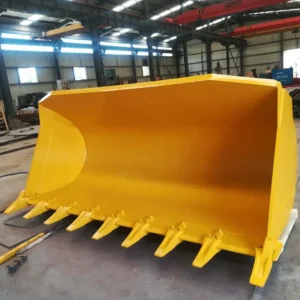
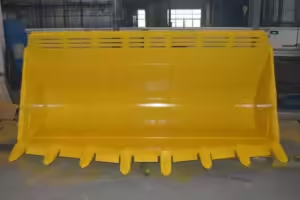
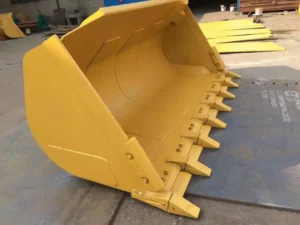
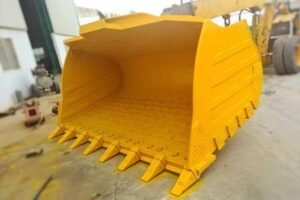
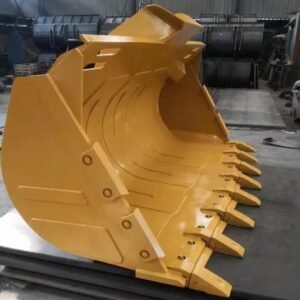
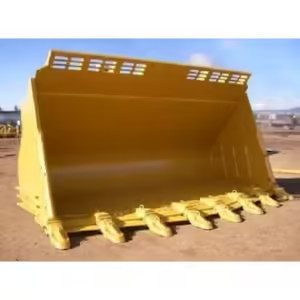
TEAM. All Rights Reserved. Developed by Pixel Tech.